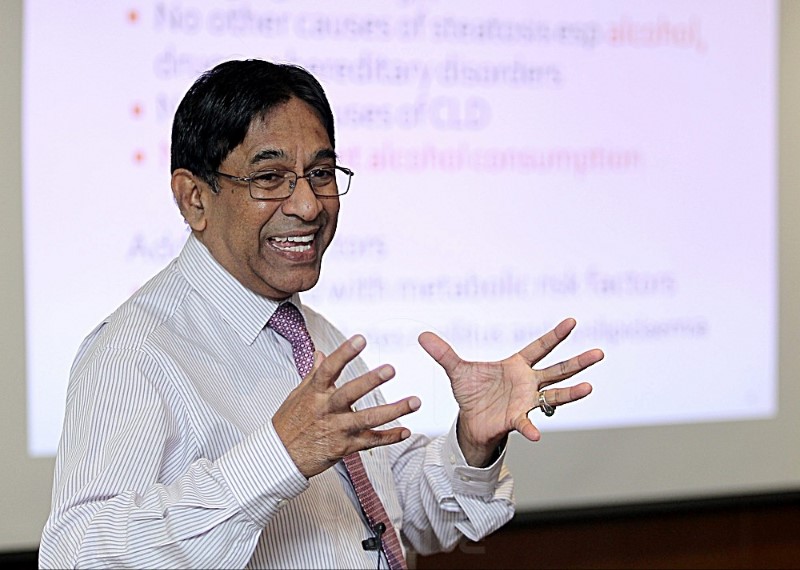KUALA LUMPUR, April 28 – Hospitals should not abruptly postpone all surgeries that are supposedly deemed ‘elective’ and ‘non-essential’, said former Health director-general Dr Ismail Merican.
Both public and private hospitals in Malaysia, he noted, have been directed to postpone various clinical services and to make available intensive care beds, ventilators, and protective gear, as health care professionals prepared for an anticipated surge of Covid-19 cases.
“What is seldom highlighted is the plight of those who suffer in silence when not provided the urgent medical care that they need. While we appreciate and agree with the need to postpone elective surgeries, I find that many of our healthcare staff are uncertain about what is meant by ‘elective surgery’,” Dr Ismail said in an opinion piece to CodeBlue.
“Elective surgeries should mean surgeries that can be safely postponed without major adverse consequences to the patient. This does not include cancer surgeries.”
He added that the majority of non-Covid-19 hospitals in both public and private sectors in Klang Valley have stopped all elective surgeries, causing confusion among health workers and patients. This is due to the different interpretation on what ‘elective’ means.
“The directives from the Health Ministry are vague, and some hospital managements have decided to shut down almost all clinical services except emergencies.
“We strongly feel that the non-Covid-19 hospitals should continue to perform urgent clinical and emergency services including cancer surgeries and interventions while taking the necessary precautions to minimise the risk of the nosocomial spread of Covid-19 to patients and healthcare workers,” he added.
“Abruptly stopping ‘non-essential’ procedures and surgeries would prevent diagnoses of life-threatening diseases with grave consequences to those affected.”
Dr Ismail also said that some treatments may not be considered as emergency surgeries but if not done, can be life threatening.
“While Malaysia is doing well in controlling the spread of Covid-19 cases, we must not abdicate our responsibility to all other patients who need urgent treatment like cancer surgeries, removal of arterial blockages, relieving biliary obstructions and managing potential sepsis and others.
“I have been informed that clinical services in non-Covid-19 hospitals are beginning to open up again, but the significant backlog of cases would require prioritisation of services rendered.”
This mirrors the statement by the Galen Centre for Health and Social Policy, a health think tank, yesterday that the extension of the Movement Control Order (MCO) until May 12 may increase death rates among people with cancer
“The condition of such patients may deteriorate as a result of delaying treatment and care due to the prolonged MCO or infection from Covid-19. They may even die as a result,” Galen Centre chief executive Azrul Mohd Khalib said.
“We are already seeing the indirect effects of the Covid-19 crisis on cancer care. With continued uncertainty surrounding the end of the partial lockdown which is now into the second month, many patients are facing trouble with referrals and rescheduling of their treatments and surgeries.”
According to him, the hardest hit are cancer patients who were getting treatment from public hospitals, as many of these hospitals have been redesignated for Covid-19.
“Anecdotal evidence indicates that though they have been redirected to other health care facilities, including those in the private sector, continuing disrupted treatment is not easily achievable,” said Azrul.
Covid-19 cases have been increasing at a slow rate of double-digits daily for over a week, as total confirmed infections remained at below 6,000.








